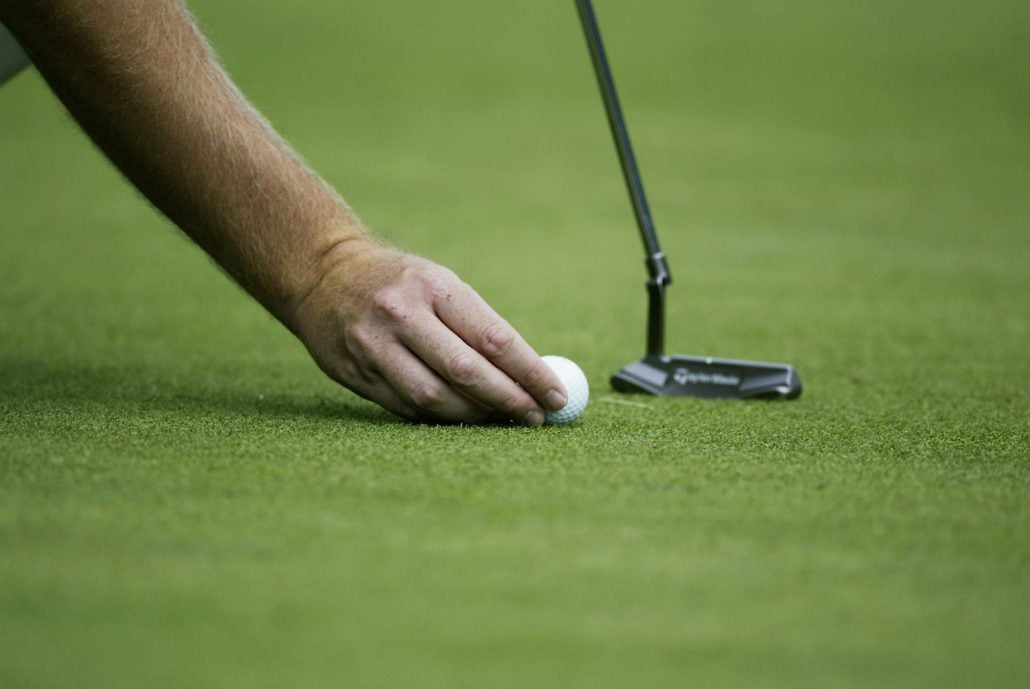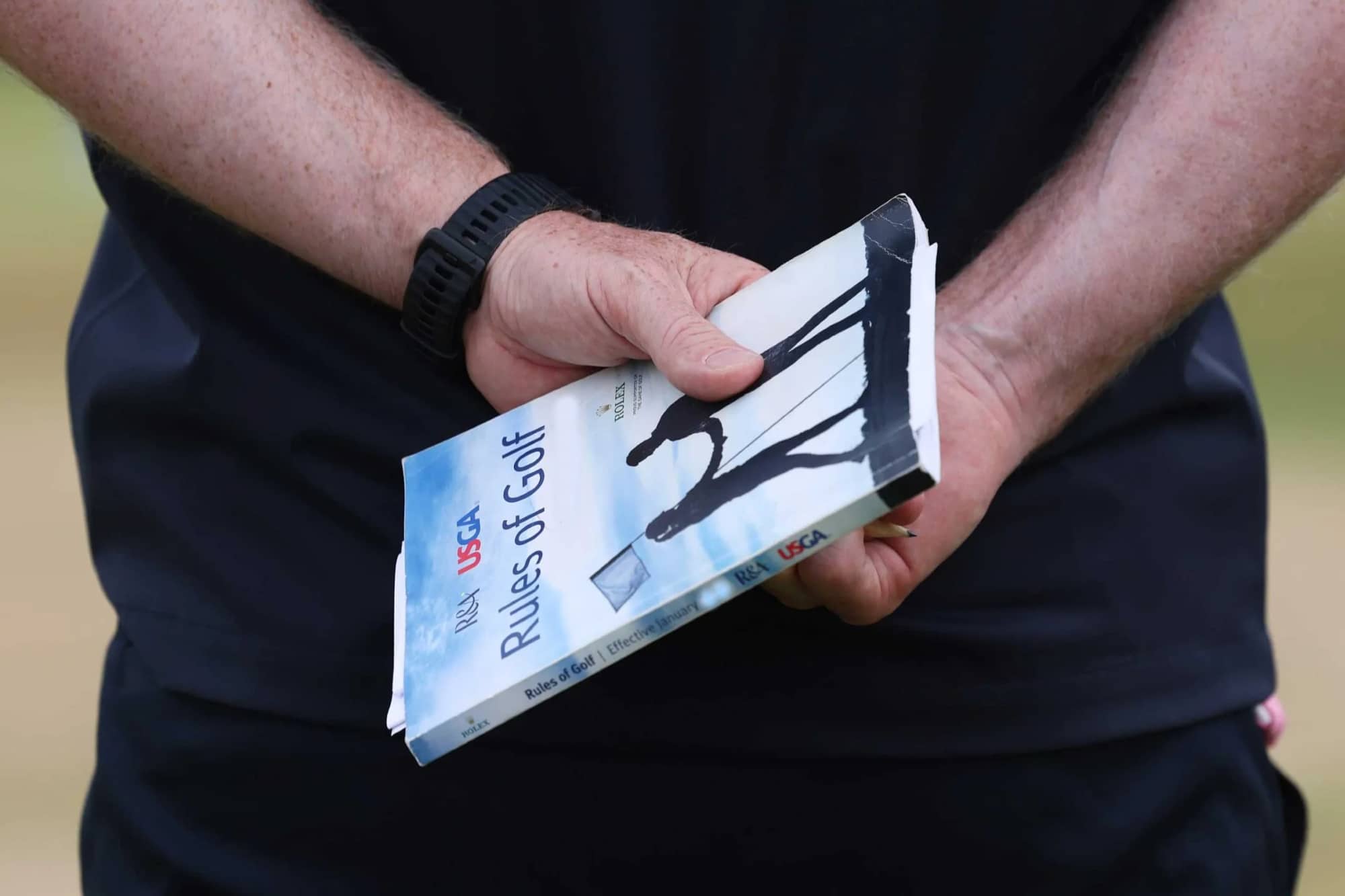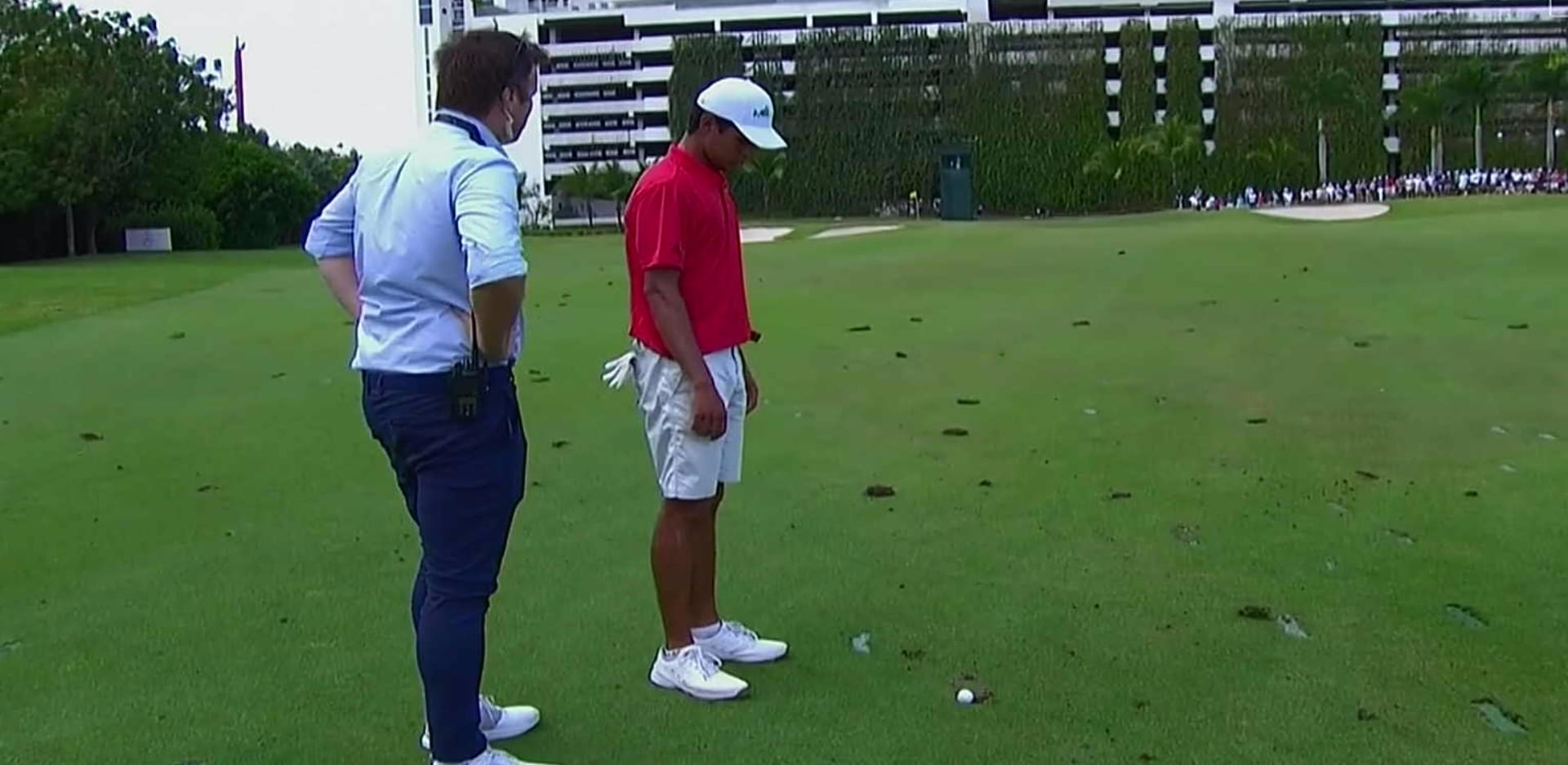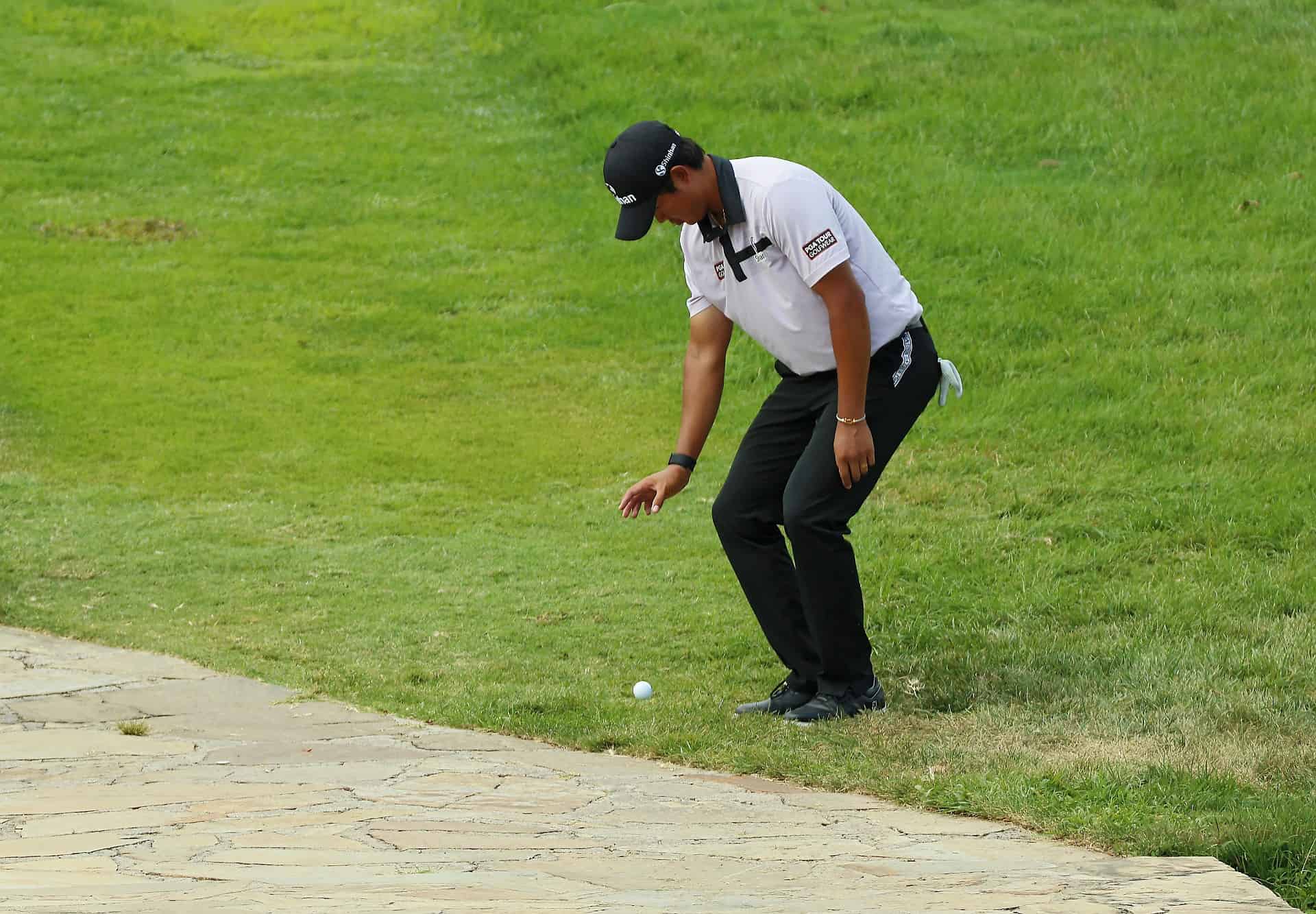
There is still one thing we need to get rid of to speed up play
In the 70 and more years that I have been playing this game, nothing has made me feel more at ease on the course than the R&A’s revised rule allowing the flagstick to remain in the hole in a bid to ease slow play. Immediately, all that faffing about, the lifting, the placing, can be dispensed with and you can just get on with the game.
In terms of improving speed of play, the proof of the pudding is in the eating; our senior section fourballs now average 15 minutes less than hitherto, and that is even after allowing for the dinosaurs who still, despite the clear advantages of leaving the flag in, find it difficult to make the mental adjustment.
I take no prisoners on this, pointing out the R&A research proving that more putts fall with the flag in, and that I regard a request to remove the stick as anti-social and a breach of the new “ready to play” golf etiquette. To the plea that “I can’t get my head round it”, my brusque response is, “get yourself on the practice green for an hour or so with the flags in, and what passes for your brain will sort it”.
- A twist in the great flagstick debate
- I putted with the flagstick in – and no one died!
- The science behind what goes into making a flagstick
I have never understood the fetishisation of putting or the smug approval of the mind-numbing cliché of “drive for show, putt for dough”. Why celebrate the boring bit of the great game? And is my experience of getting greater satisfaction from my achievements through the green, so different from that of most of us that play the game for fun? Only this morning, I slotted a 30-footer, which admittedly gave me a deal of satisfaction, but nowhere near the pleasure resulting from the 140-yard 8-iron which finished a yard from the hole.
My friend and colleague, golf course architect Jonathan Gaunt, has advocated increasing the size of holes to six inches, and I would have no problem with that, even though putting is now so much more enjoyable since the new flagstick rule. Anything that gets me more quickly to the next tee and what for me is the fun bit, the better.
Which brings me to the whole question of etiquette on the green in the context of the R&A’s concern to banish slow play. Last week I was playing in a competition, when my putt came to rest against the flagstick without dropping. As part of the ball was below the edge of the hole and therefore deemed in the hole, in accordance with new rule 13.2c, I picked it up.
One of our group, a low-handicap golfer who should have known better, wanted to penalise me, claiming that the ball had to fall to the bottom of the hole. I politely – well, to be honest, not so politely – told him to consult the Rules of Golf, and to stop wasting time.
This, however, is a small matter compared with the whole rigmarole of marking the ball. I blame televised professional golf reinforcing the view that greens are there on which to conduct some sort of drawn-out religious ritual.
Can anyone really rationalise picking up, marking, and then replacing a perfectly clean ball on a manicured green? Why do it, and waste everybody else’s time, just because the rules allow it? Yes, it makes sense if there is sand or mud on the ball, but otherwise it’s sheer self-indulgence, and that includes any nonsense about lining up with a line drawn on the ball with the intended target – just hit the ball!

The same, I would argue, applies to marking the ball after you have just missed the hole. Why not just knock it in? Why not also save time by putting first if you are closer to the hole and in the line of the putt of someone further to the hole.
“Hold on,” I hear your shocked response, “what about taking time to compose yourself?” Well, as we all know, golf is played between the ears, so just train yourself to believe you will play better if you don’t have to wait until everyone has finished. “And what,” you might add, shock and horror, “about standing on someone’s line?”
Well, I have news for you – on normally firm greens, you don’t leave any indentation whatsoever.
So just get on with it, embrace the new, entirely sensible, etiquette and find, perhaps to your surprise, that the game is now so much more fun.
George Oldham is an award-winning architect, course designer, and author. Do you agree with him? Let us know in the comments below, or join the conversation on Twitter, Facebook and Instagram.
Mark Townsend
Been watching and playing golf since the early 80s and generally still stuck in this period. Huge fan of all things Robert Rock, less so white belts. Handicap of 8, fragile mind and short game










